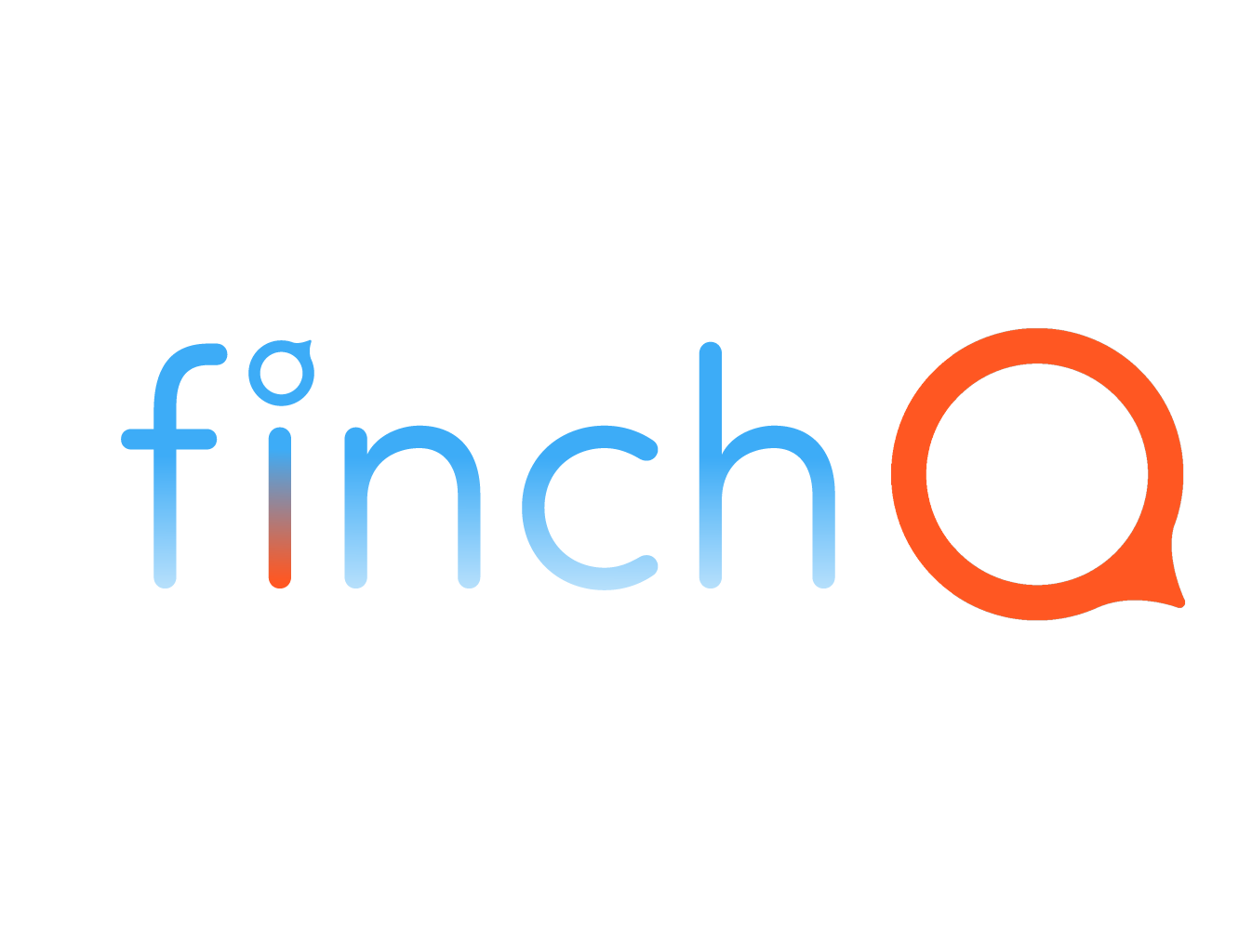The Cost of Hypertension
Hypertension, or high blood pressure, is a prevalent condition with extensive health and economic impacts. This article explores the multifaceted costs associated with hypertension, including the benefits of early versus delayed intervention, and emphasizes the importance of effective management and prevention strategies.
Hypertension contributes significantly to healthcare costs. According to the American Heart Association, high blood pressure costs the nation about $131 billion each year, when considering healthcare services, medications, and lost productivity.
Managing hypertension typically involves lifelong medication and regular monitoring. The costs for antihypertensive medications and frequent doctor visits add up significantly over time.
Hypertension is a major risk factor for heart disease and stroke, which often require expensive hospital treatments. The average cost of hospitalization for conditions related to hypertension can be substantial, particularly for severe complications like heart attacks and strokes.
Long-term management of hypertension and its complications often necessitates ongoing medical care and support.
Patients who suffer from heart attacks or strokes due to hypertension often require extensive rehabilitation, adding to the long-term care costs.
Hypertension can lead to chronic kidney disease, heart failure, and other long-term health issues, requiring continuous medical management and frequent specialist consultations.
Early detection and management of hypertension can significantly reduce complications and associated costs.
Effective management of blood pressure through lifestyle changes and medication can prevent severe complications such as heart disease, stroke, and kidney failure. Patients with well-controlled hypertension have a lower risk of these costly conditions.
Proactive hypertension management can reduce the need for expensive emergency treatments and hospitalizations. According to a study in the *Journal of the American College of Cardiology*, effective blood pressure control can save thousands of dollars in healthcare costs per patient annually.
Delayed or inadequate treatment of hypertension can lead to severe complications, increasing both direct and indirect costs.
Untreated or poorly managed hypertension can result in severe cardiovascular and renal complications, diminishing quality of life, and increasing mortality risk.
The need for advanced medical treatments, long-term care, and frequent hospitalizations significantly increases with delayed intervention, adding financial strain on healthcare systems and families.
Hypertension can cause a wide range of physical complications that significantly impact quality of life.
High blood pressure is a leading cause of heart disease, which can lead to chronic pain, reduced physical capacity, and frequent hospital visits.
Hypertension is a major risk factor for stroke, which can result in paralysis, speech difficulties, and other severe disabilities requiring long-term rehabilitation.
The emotional and psychological toll of hypertension can be profound.
The constant need to monitor blood pressure and manage medications can cause significant stress and anxiety for patients.
The complications and lifestyle limitations associated with hypertension can lead to depression, affecting both patients and their families.
Hypertension significantly increases mortality rates. According to the CDC, high blood pressure is a major contributing factor to death from heart disease and stroke.
Hypertension-related complications like heart attacks, strokes, and kidney failure can shorten lifespan and increase mortality risk.
Studies have shown that uncontrolled hypertension can reduce life expectancy by several years, depending on the severity and duration of the condition.
Preventing hypertension and effectively managing the condition is crucial to reducing its incidence and associated costs.
Adopting a healthy diet low in sodium, engaging in regular physical activity, maintaining a healthy weight, and quitting smoking can significantly reduce the risk of developing hypertension.
For those with hypertension, managing blood pressure through medication, regular monitoring, and lifestyle changes is essential to prevent complications.
Regular health check-ups and monitoring of blood pressure can help manage hypertension effectively and catch complications early.
The cost of hypertension is multifaceted, encompassing direct medical expenses, long-term care costs, and significant impacts on quality of life and lifespan. Early intervention and effective management are crucial to mitigating these costs and improving health outcomes. By focusing on prevention and timely treatment, we can reduce the financial and emotional burden of hypertension, improving the well-being of individuals and communities.
References
1. [American Heart Association](https://www.heart.org/en/health-topics/high-blood-pressure/the-facts-about-high-blood-pressure)
2. [Centers for Disease Control and Prevention (CDC)](https://www.cdc.gov/bloodpressure/facts.htm)
3. [National Institutes of Health (NIH)](https://www.nih.gov/news-events/news-releases/hypertension-costs-us-131-billion-year-study-finds)
